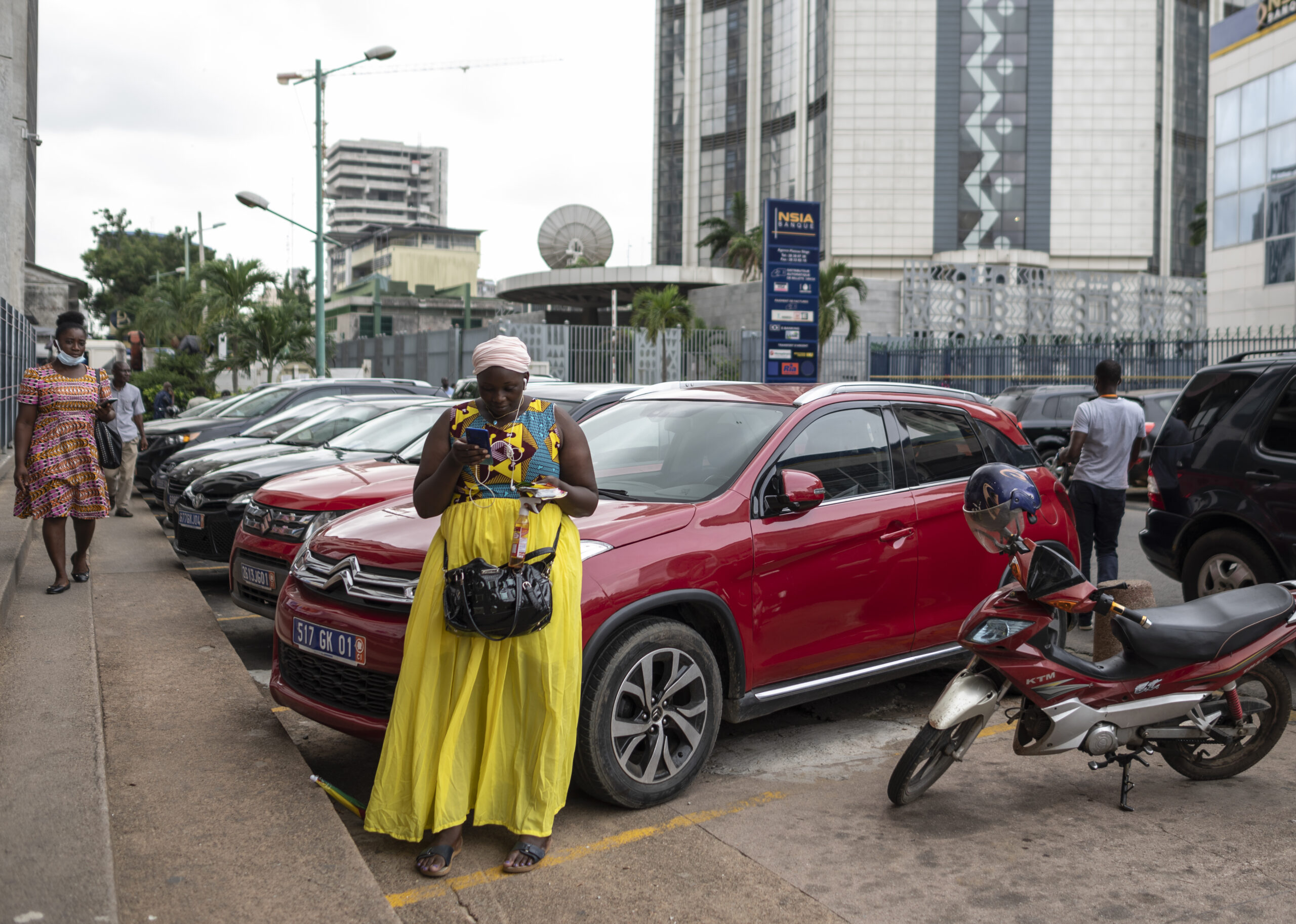
At COP28, global climate leaders congregated in Dubai for the annual opportunity to review countries’ progress on emissions reductions and to increase climate ambition. One of the conference’s focal points was how to rapidly and equitably transition away from fossil fuels – a topic often approached with equal parts optimism and skepticism.
Changes to transport systems are the key to transitioning away from fossil fuels. To hold global temperature rise to 1.5 degrees Celsius, countries must make two-thirds of passenger travel fossil-fuel-free by 2030, increase the share of electric vehicles (EVs) in global car sales to 75% and shift more trips to active and public transport.
Despite the minimal contribution of African countries to greenhouse gas emissions (GHGs), they are among the most impacted by the negative effects of GHGs on climate change. And Africa’s rapidly growing cities, that lack the economic and institutional capacity to adapt, often bear the brunt. African cities face climate impacts like air quality deterioration (contributing to more than 383,000 deaths annually across the continent), flooding, extreme heat and water scarcity.
But should disproportionate contribution and impact lead to inaction in Africa? No; Africa’s local, regional and national governments must take advantage of Africa’s growing populations and emerging markets to transform their transport systems, taking special care to improve the resilience of vulnerable communities.
This is both a unique opportunity for the continent and an imperative. If no or slow action is taken to transition to EVs, countries in the Global South could be locked into fossil fuel dependency even longer.
EV Use Is Growing
WRI’s recent State of Climate Action report was gloomy overall, but EVs were among the bright spots. With the current global uptake of EVs in passenger car sales, the world is on track to meet the 2030 target for electrification. But this growth is largely from big markets like China, whose annual registration of both internal combustion engine vehicles (ICEVs) and EVs totaled roughly 20 million vehicles.
Africa currently accounts for just under 1% of the world’s EVs but expects to see the most automotive growth in coming years. Why? Despite having the lowest motorization rate of any region, Africa is not only the second most populous continent, but the most rapidly growing. As such, there is great potential for road transport electrification across the continent.

Road Transport Electrification Opportunities Are Plentiful in Africa
Over the past five years, many African governments awoke to the opportunities that vehicle electrification holds, be it in improving urban air quality, reducing the reliance on imported fuels, improving local automotive manufacturing or reaching climate mitigation targets. Several sub-Saharan countries even set electrification targets focused on increasing the share of EVs in annual vehicle registrations. Rwanda, Ghana, Zambia, Kenya, Cape Verde, Zimbabwe and more are setting overarching electric mobility policies or implementing standalone regulations and incentives.
These new policy initiatives demonstrate the willingness of African countries to transition away from fossil fuels. And as a result, many start-ups focused on electrifying popular vehicle types in African cities, like minibuses and two- and three-wheeled motorbikes, have flourished. Countries in east and west Africa often rely on two- and three-wheelers, especially in their informal public transport systems. In Kenya for example, two- and three-wheelers constitute upwards of 65% of annual vehicle registrations. Similar trends have been observed in Kenya’s annual EV registrations, with two-wheelers accounting for 70% of existing EVs.
In countries where two- and three-wheelers are not popular modes of transport, public transport offers the largest opportunity for advancing electrification. Durban, South Africa; Dakar, Senegal; Abidjan, Cote d’Ivoire, and Nairobi, Kenya, are already running, or planning to run, electric bus fleets.
Harnessing Africa’s Local Electric Mobility Startups and Innovative Business Models
Studies show that when annual EV sales reach 1% of total sales, exponential growth will follow. Reliable data is not available for many African markets, but it’s likely most countries have not reached this mark. For example, unofficial data for Kenya places cumulative EV registrations from May 2018 to May 2023 at less than 3,000 units, far less than 1% of the 400,000 vehicles registered annually.

With climate and development goals in mind, African countries must provide interventions that promote EV sales to reach this minimum threshold. In markets across Africa, EV companies are now exploring ways to make EVs cost competitive with traditional ICEVs. Emerging economies in African cities are providing innovative ways to make EVs more accessible through business models like battery swapping, “pay-as-you-drive” and leasing.
However, supplying EVs in Africa is still a challenge. Despite the growth of local electric mobility startups, these companies are not able to meet the growing demand for EVs. Companies like BasiGo and Roam already have waitlists for electric buses. As a net importer of EVs, Africa must reposition itself to harness its competitive advantages including access to mineral reserves required for battery-making, renewable energy potential, their youthful populations and growing labor force.
Moving forward, interventions to unlock opportunities, from sourcing, to use and disposal of EVs, need to be considered from policy, technical and economic perspectives. WRI is currently assessing supply chain barriers and opportunities for road transport electrification in Kenya with the support of Climateworks Foundation’s Leap Fund. A forthcoming working paper looks to provide governments and investors with recommendations and best opportunities to unlock the EV supply chain.
Japheth Kipkirui is Electric Mobility Coordinator for WRI Africa.
Amos Mwangi is Senior Electric Mobility Associate for WRI Africa.






